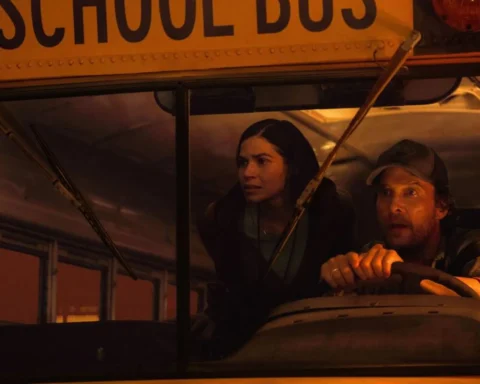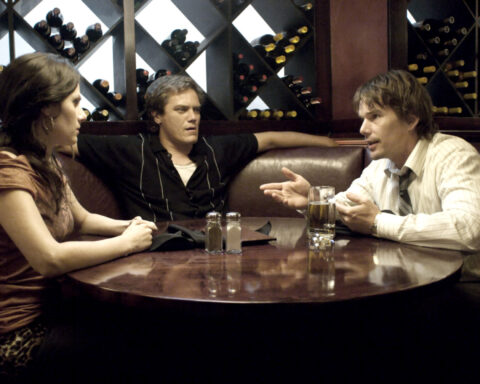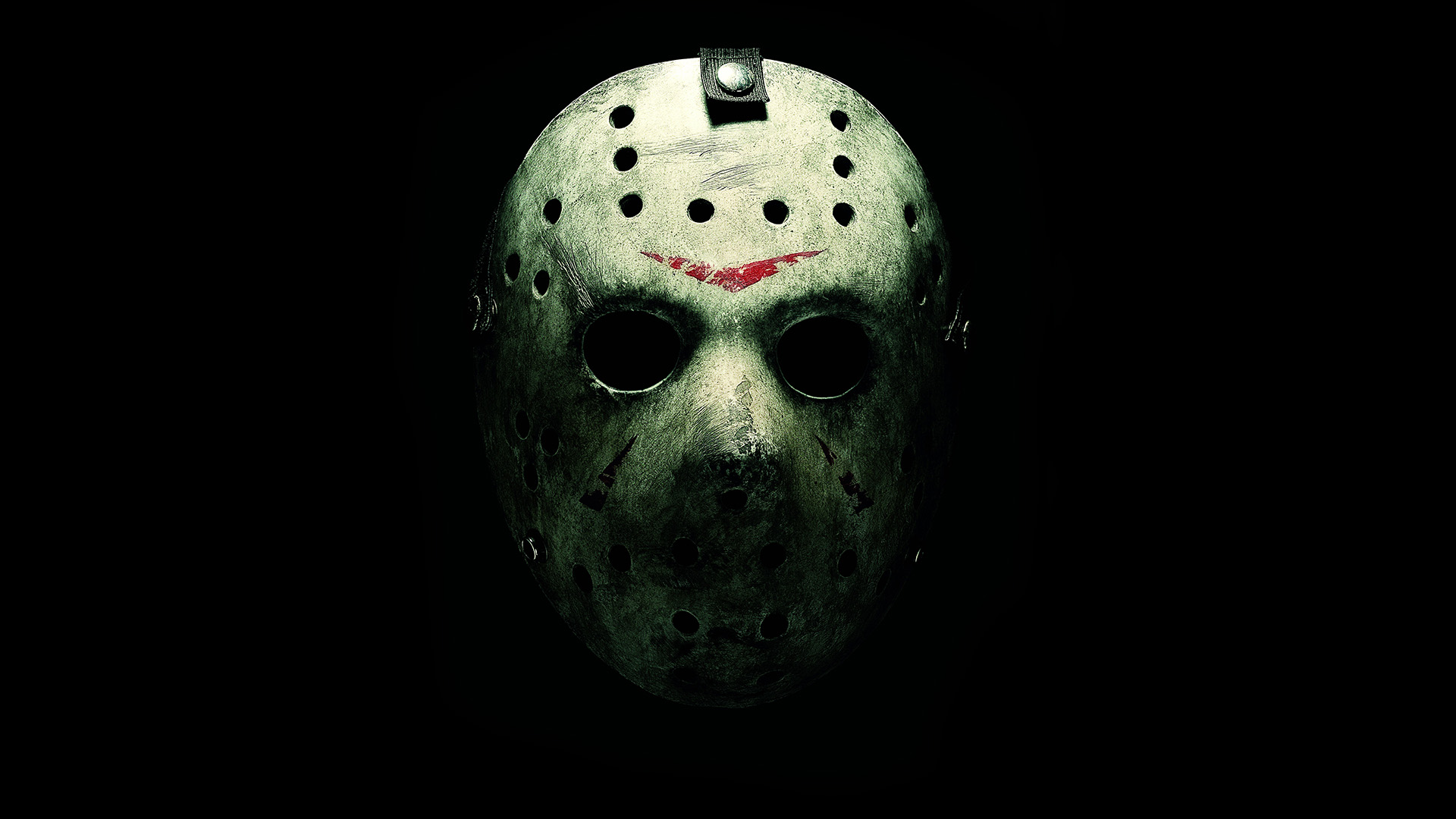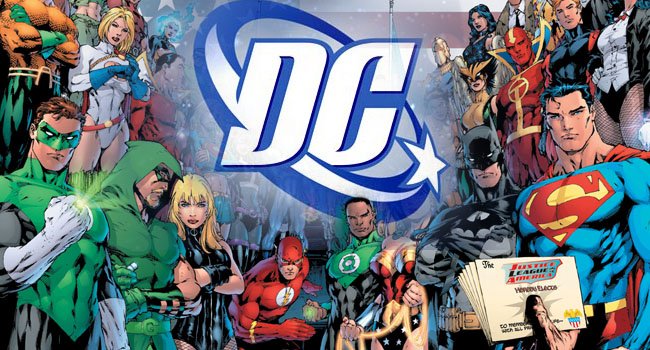Last year, Michael R. Roskam’s film, The Drop, was released to almost universal critical acclaim (we’re talking 89% on Rotten Tomatoes). But commercially, the film only managed to make $6 million over its budget in theaters. This may seem like another case of a good film everyone forgot about, but I think we have to regard this as a special case since it’s not only a highly acclaimed film starring the bankable Tom Hardy and beloved James Gandolfini (in his final film role) but one in a series of great Boston crime films. I hate to be the one to bring this up, but, when it comes to crime films, maybe we’re done with Boston since this movie was shot in Brooklyn as the writer and director felt Brooklyn provided a more realistic backdrop to the story but the movie does belong to the Boston crime film genre.
Since Clint Eastwood’s Mystic River in 2003 (a film which, like The Drop and many of the Boston crime films, is based on a Dennis Lehane novel), Boston has been a solid choice for filmmakers looking for something gritty, violent, mysterious, and utterly human. At the core of the best Boston crime films are deeply imagined characters struggling with real issues, like Tom Hardy’s Bob, made more real by his love for an abused dog. As with all of Hardy’s recent work, he inhabits his character fully. We can imagine that this dog really does drive Bob to all of his subsequent actions and that the depth of his affection is in no way as absurd as they outwardly seem. Bob may even be a deeper character than Leonardo Dicaprio’s Billy Costigan or Casey Affleck’s Patrick Kenzie.
So if the formula hasn’t changed for the Boston crime film, what has? Mystic River made five times its budget back in ticket sales. The Departed made almost double the sales of Eastwood’s film and its director, Scorsese, landed another success a few years later with another Boston story (and another Lehane novel), Shutter Island.
But those are big films with big names behind them. How can a Belgian film director like Roskam, making his American debut with a cast made up vastly of European actors, ever hope to match that? Maybe it’s not a decline in popularity for the subgenre, just a slump. But what about Gone Baby Gone? First-time director, Ben Affleck, comes off a string of commercial and critical failures and gets behind the camera to direct his brother, Casey, in yet another Lehane adaptation. Aside from Morgan Freeman and Ed Harris, there are no big names on the cast list, and the budget is low at $19 million. And yet, Affleck’s film manages to make back its budget plus another $15 million.
Maybe I’m getting too focused on the money, but it seems strange that a trend we as the viewing audience bought into so heavily before has shown, in this most recent example, such middling returns. My guess is that our tastes have changed. It’s not that the film isn’t good. The Drop is one of the best films in the genre (with that sweet Rotten Tomatoes score to back it up). Audiences just don’t care about crime films set in Boston.
So where do they want them? With acclaimed television shows like Justified and True Detective and recent films like Mud, Joe, Winter’s Bone, and Lawless, it looks like we’re moving south. With critically-acclaimed independent films in 2014 like Cold in July and Blue Ruin, I think we can expect a strong crop of southern crime films. Of course, for all the good ones there’ll be two Boondock Saints and a Surrogates (set in Boston, apparently, but when a movie’s that bad, who cares?). What the south has offered for years is creepiness, which has made it easy fare for horror films and will surely be enough for a string of terrible straight-to-dvd and sloppy blockbuster films set in a vaguely southern location. But what a good director with a good script can bring to southern cinema is a sense of humanity. Boston gave us a decaying city with labyrinthine alleys and a moral code outside of the norm. What the south offers is the wide expanse of dark rivers, marshes, near-ghost towns, and a sense of almost amorality (think Jennifer Lawrence’s journey through Appalachia in Winter’s Bone). There is truth at the bottom of everything, but it proves just as difficult (and rewarding) to dig up in the unknowable south as it was in Boston. Good art springs up in new venues, so I think we can look at this move south as an opportunity for progress.
Even though The Drop is a great film with a great cast and will no doubt be remembered fondly in a few years, for now it seems that audiences are bored with the same old backdrop. Of course, for those of you who aren’t quite ready to move on from Boston, I hear Boondock Saints III is in the works, and judging by the quality of the first two, that should be a real Oscar contender for 2016.








